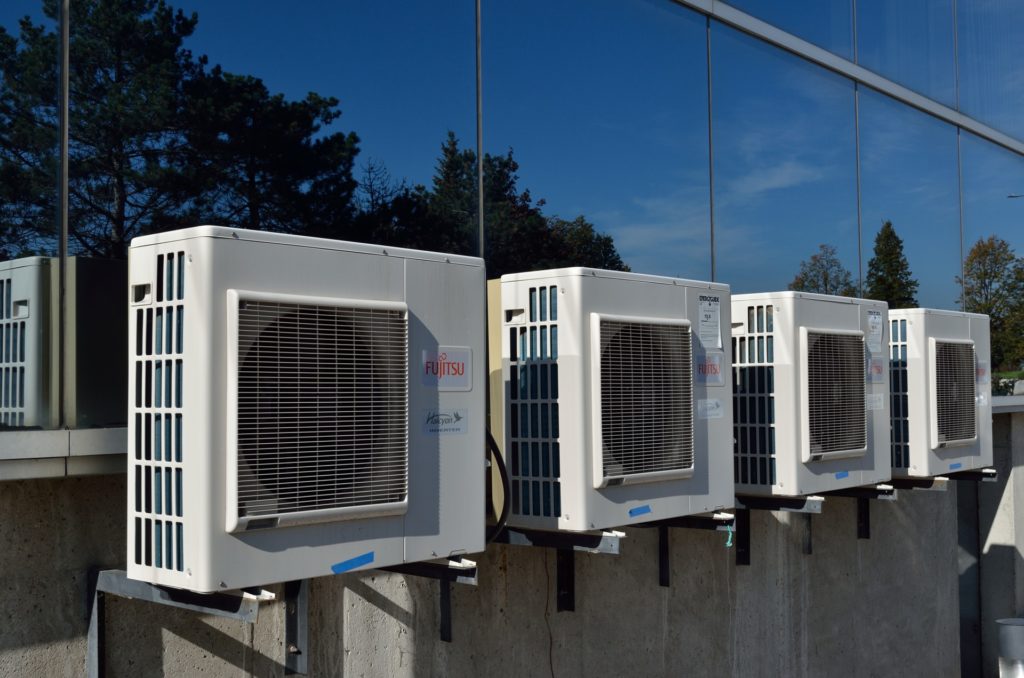Just finished high school and college is just not for you? Fear not! We are here to help you out. Unlike what some would have you believe, there are several high-paying jobs that high school graduates can snag without completing a four-year college degree. While a degree does transmit theoretical knowledge to students, vocational training teaches hands-on, applied skills that don’t come with the same costs attached to a degree.
Since vocational training often takes part in the workplace, students are armed with the ability to put into practice what they learn straight away and have the added advantage of developing their interpersonal skills through teamwork with colleagues. Additionally, students that choose to follow vocational training usually learn to acquire skills and knowledge that are relevant to the job market. Undergoing this type of training will, therefore, increase the likelihood of you finding a job after the completion of your studies.
But how do you go about choosing your training? Consider career paths of interest to you, what would be the ideal sector for you and narrow down your options. If you are struggling to reach a conclusion, take into consideration your strengths, skills, areas of improvement and if your weaknesses slow down your progress. You may also want to research whether the industry you are interested in is stagnant or expanding. Read on for a shortlist of potential courses that may be of interest to you.
Elevator Installer and Repairer

Elevator installers and repairers are responsible for installing, fixing, and maintaining elevators, escalators and other types of lifts. You can expect to learn through an apprenticeship with individual contractors or industry associations. During the training period, you will study safety, blueprint reading, elevator and escalator parts, applied physics, electronics, electrical and digital theory.
Security guard

Security guards are expected to work in a variety of places, often around the clock to protect property against theft or other illegal activities. In addition to knowing your way with video surveillance, you will be required to carry licenses while patrolling, guarding and protecting property. Institutions like Lite Security can help you in this endeavor.
Beauty Therapist

You also need a certificate to qualify as a beauty therapist. The skills you may have to obtain include learning how to do manicures and pedicures, facial massages, waxing, eyebrow shaping, make-up application. You will also be expected to develop the ability to work well with others as well as understand the needs of your clients.
Electric Line Installer and Repairer

Electric line installers and repairers, also called line workers, handle the installation and repair of electrical power systems and telecommunications cables, including fiber optics. This line of work is not only physically demanding but may also come with a certain degree of risk as you may be required to work with high-voltage electricity and often at great heights. Apprenticeship is also common in this field.
Tailor or Dressmaker

Tailors and dressmakers both create costumes, custom clothing for individuals and uniforms, to name just a few. The major difference between the two is that a tailor works primarily with men and dressmakers specialize in clothes for women. Training happens mostly through apprenticeship. If you were to choose this career path, you could work for with a manufacturing company or you could strike a contract with laundry or dry cleaner and work from the comfort of your home and offer repair or alteration services.
Electrician

The duties of an electrician involve installation, maintenance, and repairs of wiring, control, lighting systems, and electrical power in factories, offices or homes. Which explains why most electricians work full time and often work on weekends. You can work for an electrical contractor, in the manufacturing or mining industry, or choose to be self-employed. Depending on where you are, you might need a license. Hence, attending a technical school and apprenticeship will both be handy as preparation for this career
HVACR Mechanic and Installer

Heating, Ventilation, Air Conditioning, and Refrigeration technicians help control the temperature and air quality in buildings by working on heating, ventilation, cooling, and refrigeration systems. These technicians work on worksites that can be uncomfortably hot or painfully cold. Their jobs are usually in office buildings, factories, homes, hospitals, and schools. Just like electricians, you’ll have to complete an apprenticeship, and if the country you work in requires a permit you might also have to complete a course.
Carpenter

If you have a natural affinity for woodwork and have been acing your assignments in the school wood-shop, then this may just be the perfect career path for you. You will essentially have to build, repair, and install structures made from wood and other materials. The working environment may vary from indoor to outdoor, depending on the type of project you decide to take. While we recognize that it may be physically demanding, it can be learned by only being an apprentice.
